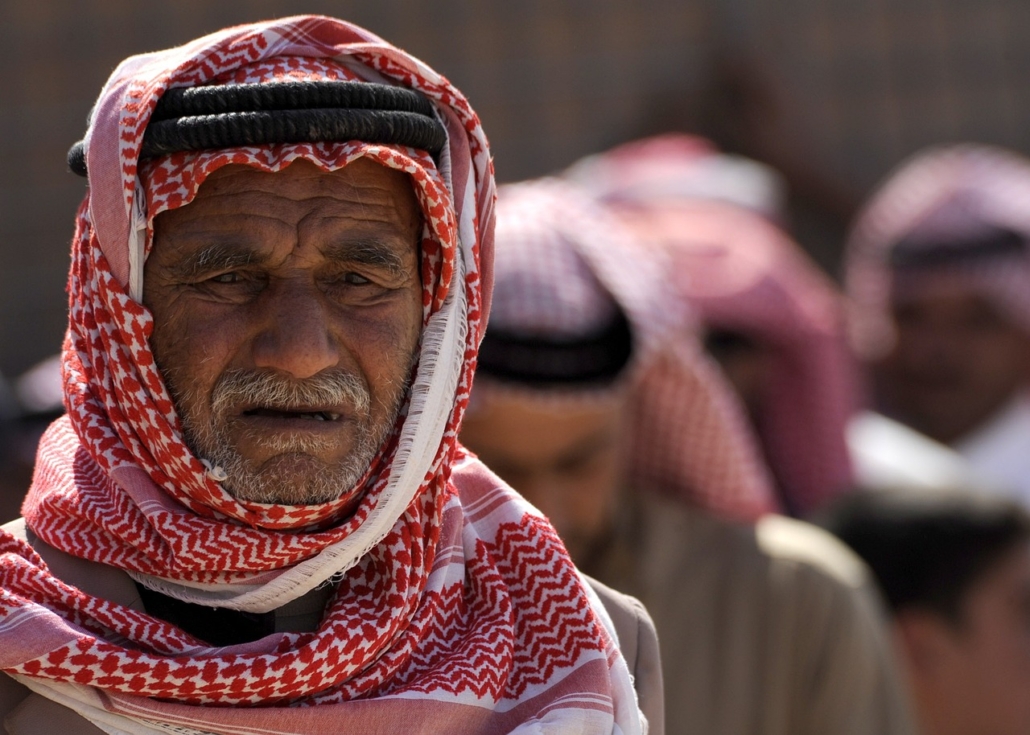Foreign Aid To Iraqi Kurdistan
 With a population of more than 6 million, Iraqi Kurdistan (KRI) has long been an important partner for the international community. Since the Iraqi government formally recognized the KRI in 2005, it has remained a semi-autonomous region and acted as a home for refugees fleeing conflict in neighboring Syria. The region also played a vital role in the fight against the Islamic State between 2013 and 2017, but since the recent cuts in U.S. aid to Iraqi Kurdistan, worries about maintaining peace in the region have emerged. In spite of this, intergovernmental organizations such as the U.N. are implementing efforts to ensure the growth and well-being of the KRI and its people.
With a population of more than 6 million, Iraqi Kurdistan (KRI) has long been an important partner for the international community. Since the Iraqi government formally recognized the KRI in 2005, it has remained a semi-autonomous region and acted as a home for refugees fleeing conflict in neighboring Syria. The region also played a vital role in the fight against the Islamic State between 2013 and 2017, but since the recent cuts in U.S. aid to Iraqi Kurdistan, worries about maintaining peace in the region have emerged. In spite of this, intergovernmental organizations such as the U.N. are implementing efforts to ensure the growth and well-being of the KRI and its people.
The Challenges Facing Iraqi Kurdistan
Of the 10 million people estimated to be living in poverty in Iraq, the KRI has a significantly lower proportion of that figure given the region’s semi-autonomous status and thus immunity from certain sanctions in previous years. But, waves of displacement and unemployment have contributed to the level of poverty in Iraqi Kurdistan.
As a result of the war on ISIS and the political instability in Syria since 2011, Iraqi Kurdistan has welcomed 1.8 million Syrian refugees and Iraqi Internally Displaced Persons (IDPs), which led to a 28% increase in the region’s population. Consequently, many individuals are enduring extreme poverty in these refugee camps in the north of the region.
Additionally, current estimates of unemployment in Iraqi Kurdistan are 13.6% for men and 29.6% for women, which is one of the leading reasons for poverty in the region.
In addition to the issue of unemployment, Iraqi Kurdistan is also experiencing the misappropriation of government funds. In 2023, a review of public spending in the KRI found that 42% of funds go towards employee salaries, which explains the severe underdevelopment of private sector industries. For example, Iraqi Kurdistan’s primary source of income is the oil industry, accounting for 99% of exports, which leaves the economy exposed to drastic shifts in global oil prices. Much of the work by NGOs and foreign governments operating in the region thus focuses on enhancing the growth of private sector industries and investing heavily in infrastructure projects.
International Contributions
In spite of the reduction in foreign aid to Iraqi Kurdistan, governments from around the world are coming up with innovative and diverse ways to boost employment in the region and advocate for those affected by conflict. For example, The United Nations Development Programme (UNDP) has teamed up with the KRI’s Ministry of Municipality and Tourism in Erbil, to provide training programs for women and youth to create handicraft objects to boost tourism and cultural awareness in the region. So far, the program has taken place in nine locations across the region and delivered essential training to 170 participants, improving their job prospects.
In addition, the U.K. maintains its optimism towards strengthening British-Iraqi Kurdistan relations and has proudly delivered health care services to more than 6 million people across Iraq. The British government will also be sending £100,000 per year, for the next 3 years, to support the implementation of the Yazidi Survivors Law, in the hopes of spreading awareness about the poverty and suffering of marginalized Kurds.
Among plans to boost the tourism industry in the region, foreign aid to Iraqi Kurdistan is shifting towards the agricultural sector in order to diversify the KRI’s economy. In particular, delegations from the United Arab Emirates have conducted 10 research projects into rehabilitating the agriculture and livestock industry.
CABI’s Work in Iraqi Kurdistan
The nonprofit organization, CABI, has taken a more active role in boosting agricultural employment to alleviate the effects of poverty in the region. Through training programs, enhanced information, post-harvest services and processing plants, CABI is supporting potato production in the Duhok province. The project not only seeks to bolster food supply in this part of Iraqi Kurdistan, but also to offer jobs to IDPs, refugees and other vulnerable groups. Since its inception in 2021, CABI’s work in the KRI has already established a potato processing and storage plant, with hopes of offering 10,000 workers with job opportunities in harvesting.
The Future
Currently, like many regions of the world, foreign aid to Iraqi Kurdistan has fallen short of previous years. The main challenges that the KRI faces are high levels of unemployment, over-dependence on the oil industry and managing the refugee crisis; all of which directly or indirectly contribute to poverty in the region. However, by expanding the economy into new sectors such as handicraft training and potatoes to boost tourism and agriculture sectors, the future is bright for Iraqi Kurdistan.
– Alfie Williams-Hughes
Alfie is based in Nottingham, UK and focuses on Business and Politics for The Borgen Project.
Photo: Pixabay
